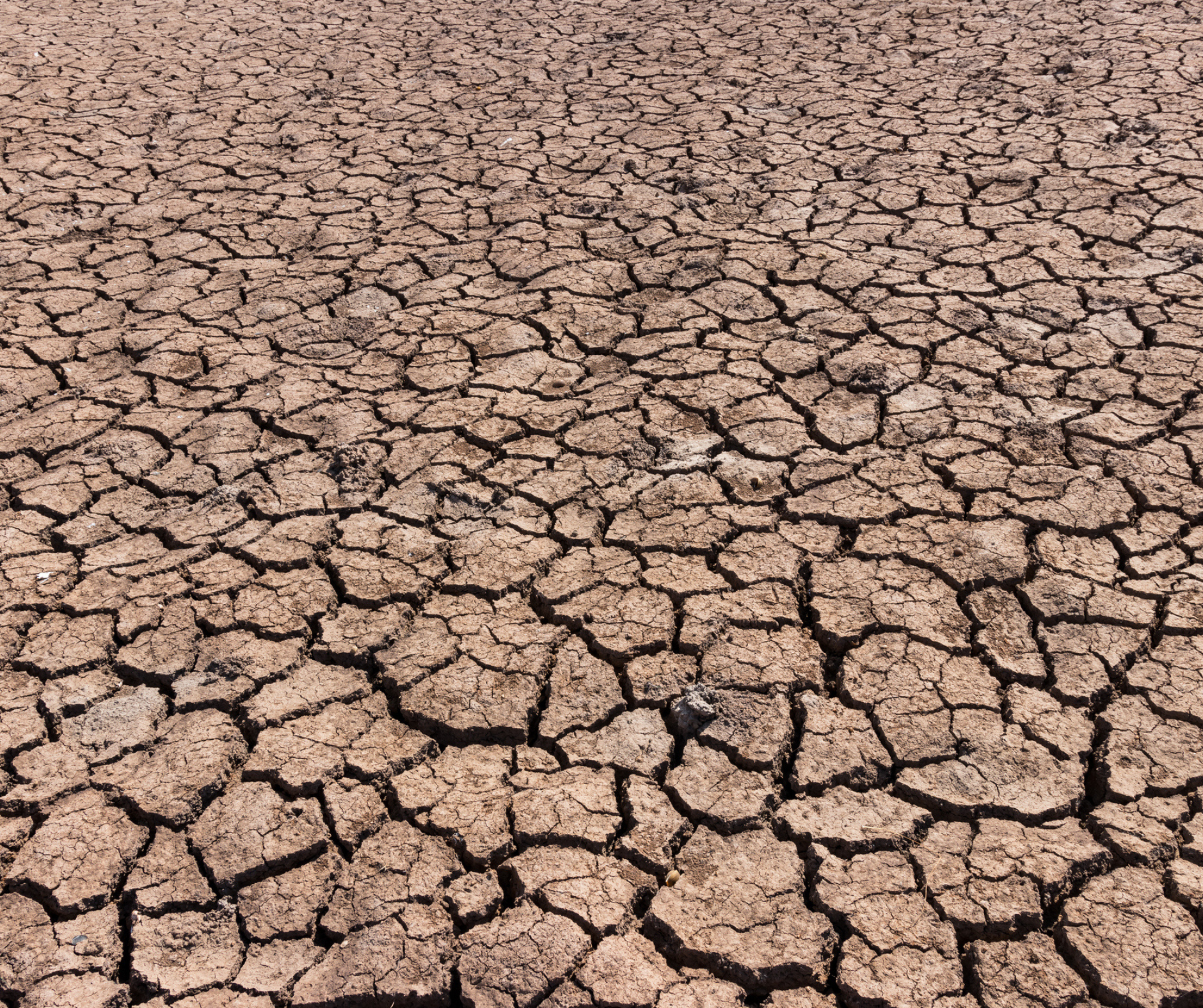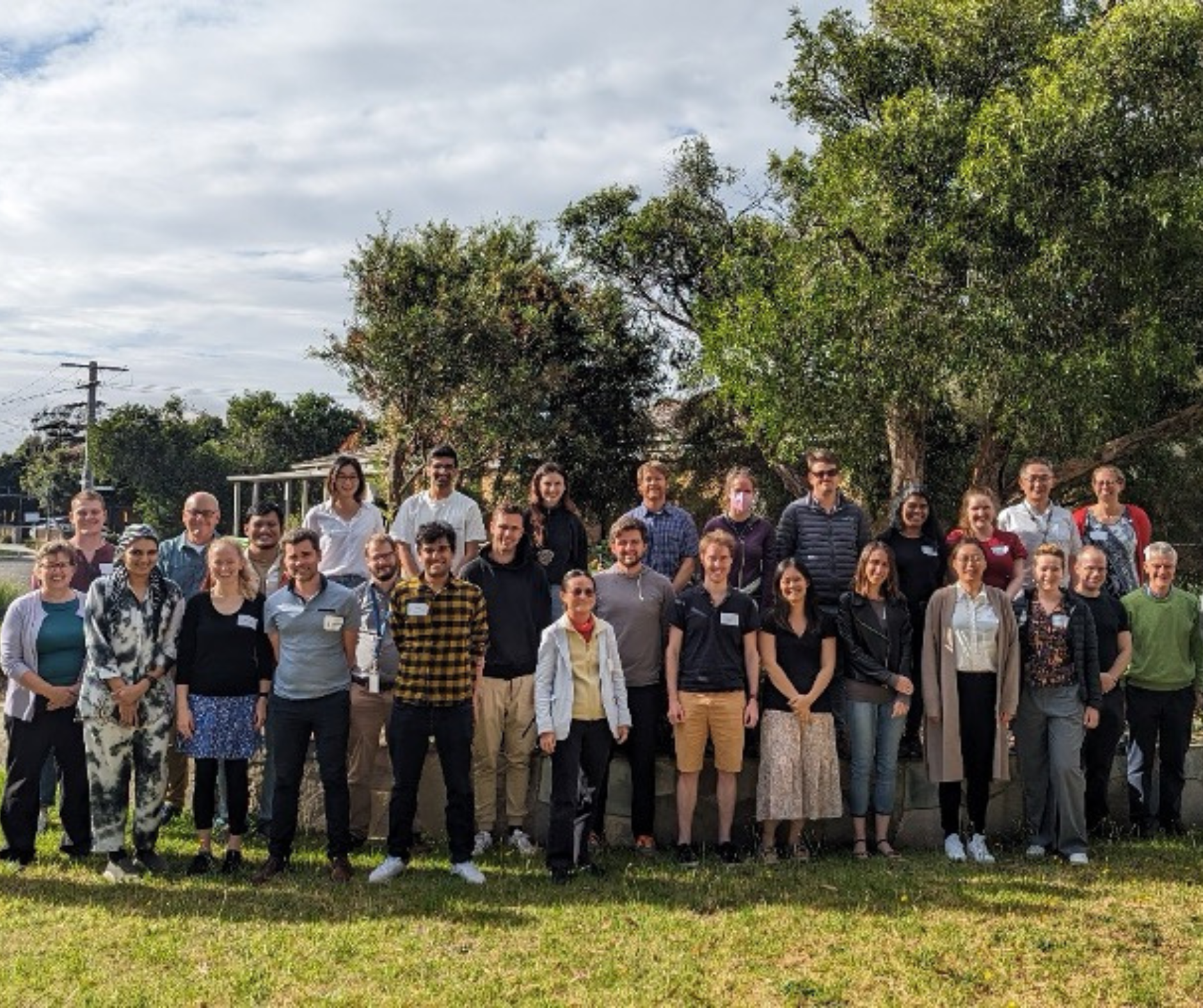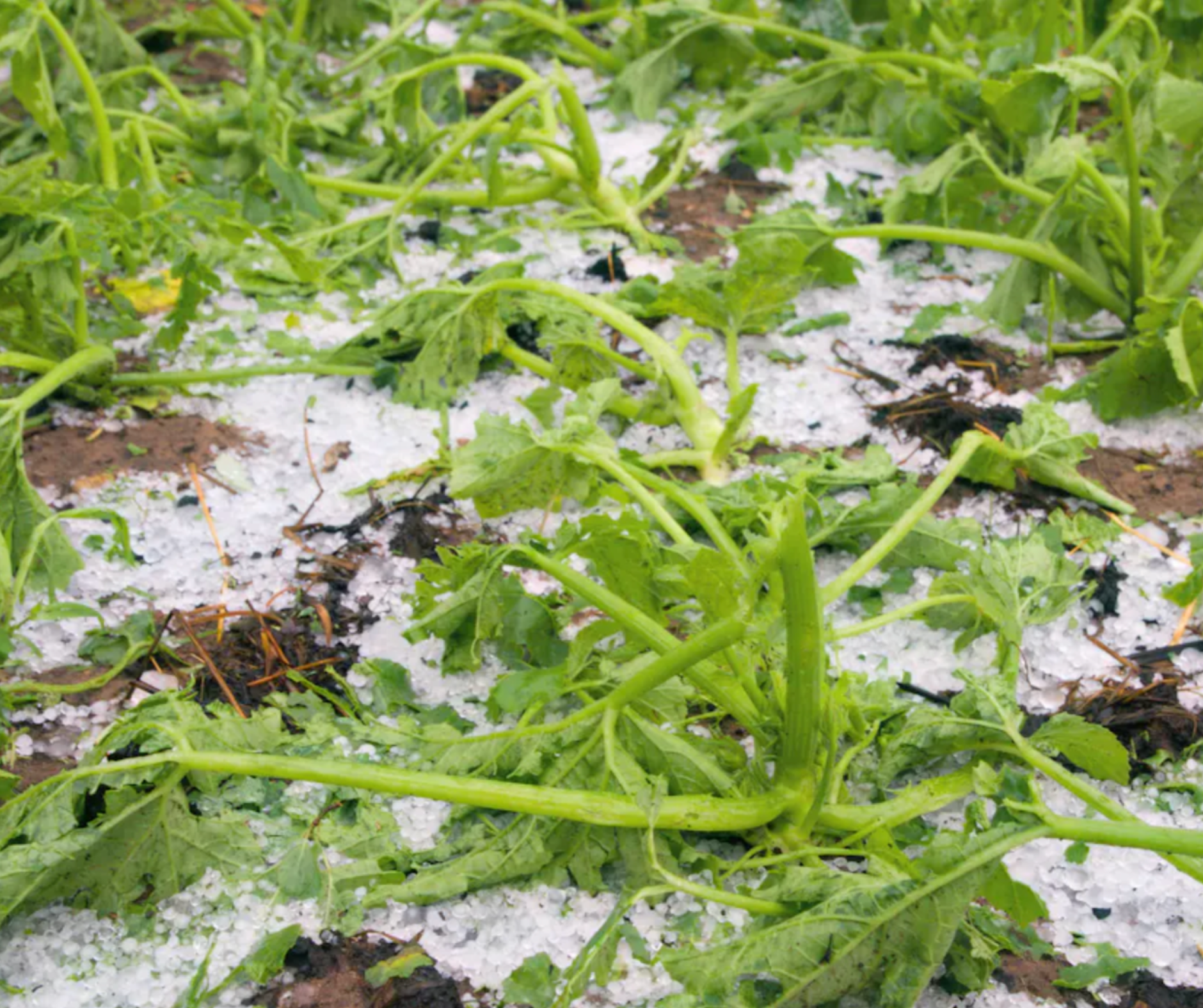-
Despite what you might hear, weather prediction is getting better, not worse

Our ability to predict conditions over the coming season has greatly advanced in just the past 20 years. We now better understand how the various climate drivers influence our weather, and we have more computational power to run models.
-
The heat is on: what we know about why ocean temperatures keep smashing records

To us, a warmer ocean might feel pleasant. But the extra heat manifests underwater as an unprecedented series of major marine heatwaves, which can lead to mass death or mass migration for marine mammals, seabirds, fish and invertebrates and cause widespread coral bleaching.
-
The Southern Ocean has the cleanest air on Earth. We have just discovered why

The reasons for the pristine air in the Southern Ocean have long remained a mystery. This new study reveals that clouds and rain play a crucial role in scrubbing the atmosphere clean.
-
Why is Australia’s east coast copping all this rain right now? An atmospheric scientist explains

Parts of Sydney were drenched in more than 100mm of rain overnight and the main dam that supplies the city’s drinking water is expected to spill in coming days. At least one man has died in Queensland floodwaters after torrential rain. This wild weather is caused by the “Black Nor’easter”.
-
A 20-year ‘mega-drought’ in Australia? Research suggests it’s happened before – and we should expect it again

Natural variability in Australian rainfall can produce “mega-droughts” lasting 20 years or more. If we add in human-caused climate change, it suggests future droughts will be far worse than we imagined.
-
Bizarre trends in Southern Ocean precipitation lead to new discovery

New research suggests that increasing precipitation trends in the Southern Ocean might not be real and could be due to errors in the data caused by changes in satellite instruments over the region.
-
Celebrating our International students during Harmony week

This week is Harmony week in Australia, a national celebration to recognise diversity and inclusion. For the ARC Centre of Excellence for Climate Extremes, it’s an opportunity to celebrate our international scientific community.
-
Never two without three: how three successive heatwaves impacted Western Australia in February 2024

Jarrad Rowe, a heatwave expert at the Centre, explains how hot air from the central Australian desert contributed to scorching temperatures in Western Australia.
-
The next generation of climate scientists collaborate on the Australia’s contribution to the IPCC reports

Last week, researchers from the ARC Centre of Excellence for Climate Extremes, CSIRO and ACCESS- NRI (Australian Community Climate and Earth System Simulator), gathered in Aspendale Victoria, to build a community of support for the development of CMIP7.
-
What we know about last year’s top 10 wild Australian climatic events – from fire and flood combos to cyclone-driven extreme rain

In 2023, Australia was hit by a broad range of particularly intense events, with economy-wide impacts. Here’s a summary of 10 major extreme events from last year, ranging from early fires to low snowpack to compound events.
